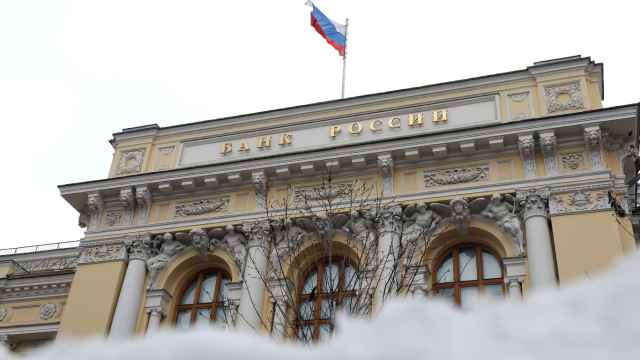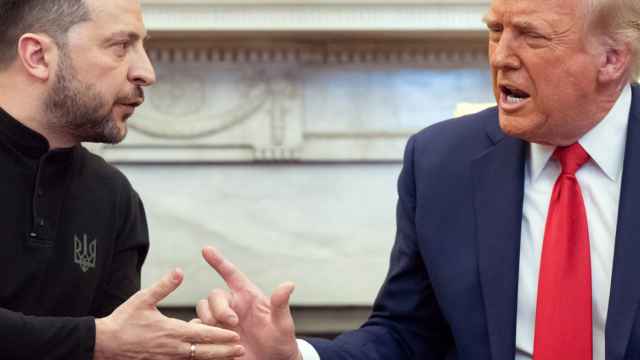A useful way to understand the world's economy is the elegant framework presented by Thomas Piketty in his celebrated book "Capital in the 21st Century." Piketty splits the world into two fundamental substances — capital and labor. Both are used in production and share in the proceeds.
Capital has two interesting features. First, its price is determined by how much future income it will bring in. This no-arbitrage condition implies that, in equilibrium, all capital yields the same risk-adjusted return, which Piketty estimates historically at 4 to 5 percent per year.
The other interesting feature of capital is that it is accumulated through savings. A person or country that saves 100 units of income should be able to have a yearly income, in perpetuity, of some four to five units. From here, it is easy to see that if capital were fully reinvested and the economy grew at less than 4 to 5 percent, capital and its share of income would become larger relative to the economy.
Piketty argues that, because the world's rich countries are growing at less than 4 to 5 percent, they are becoming more unequal. This can be discerned in the data, though in the U.S. a large part of the increase in inequality is due not to this logic but to the rise of what Piketty calls "super-managers," who earn extremely high salaries.
So let us apply this theory to the world to see how well it fits. In the 30 years from 1983 to 2013, the U.S. borrowed from the rest of the world in net terms more than $13.3 trillion, or about 80 percent of one year's gross domestic product. Back in 1982, before this period started, it was earning some $36 billion from the rest of the world in net financial income, a product of the capital that it had previously invested abroad.
If we assume that the return on this capital was 4 percent, this would be equivalent to owning $900 billion in foreign capital. So, if we do the accounting, the U.S. today must owe the rest of the world roughly $12.4 trillion. At 4 percent, this should represent an annual payment of $480 billion. Right?
Wrong — and by a long shot. The U.S. pays nothing in net terms to the rest of the world for its debt. Instead, it earned some $230 billion in 2013. Assuming a 4 percent yield, this would be equivalent to owning $5.7 trillion in foreign capital. In fact, the difference between what the U.S. "should" be paying if the Piketty calculation was right is about $710 billion in annual income, or $17.7 trillion in capital — the equivalent of its yearly GDP.
At the opposite extreme are countries such as Chile and China. Chile has borrowed little in net terms for the past 30 years, but pays to the rest of the world as if it had borrowed 100 percent of its GDP. China has lent to the rest of the world, in net terms, over the last decade, about 30 percent of its annual GDP but gets pretty much nothing for it. From the point of view of wealth, it is as if those savings did not exist.
What is going on? The simple answer is that things are not made just with capital and labor, as Piketty argues. They are also made with knowhow.
Chile and China put their savings abroad without mixing them with know-how — they buy stocks and bonds — and as a consequence get just the 4 to 5 percent or less that Piketty assumes. In contrast, foreign investors in Chile and China bring in valuable know-how; hence the gross capital that flows in yields more than the gross savings abroad. This return differential cannot be arbitraged away, because one needs the knowhow to get the higher returns.
Who gets to pocket the difference is up for grabs. Know-how resides in coherent teams, not individuals. Everybody in the team is crucial, but outside the team each individual is worth much less. Shareholders may want to take the difference as profits, but they cannot do without the team.
Ricardo Hausmann is a professor of economics at Harvard University, where he is also director of the Center for International Development. © Project Syndicate.
A Message from The Moscow Times:
Dear readers,
We are facing unprecedented challenges. Russia's Prosecutor General's Office has designated The Moscow Times as an "undesirable" organization, criminalizing our work and putting our staff at risk of prosecution. This follows our earlier unjust labeling as a "foreign agent."
These actions are direct attempts to silence independent journalism in Russia. The authorities claim our work "discredits the decisions of the Russian leadership." We see things differently: we strive to provide accurate, unbiased reporting on Russia.
We, the journalists of The Moscow Times, refuse to be silenced. But to continue our work, we need your help.
Your support, no matter how small, makes a world of difference. If you can, please support us monthly starting from just $2. It's quick to set up, and every contribution makes a significant impact.
By supporting The Moscow Times, you're defending open, independent journalism in the face of repression. Thank you for standing with us.
Remind me later.






